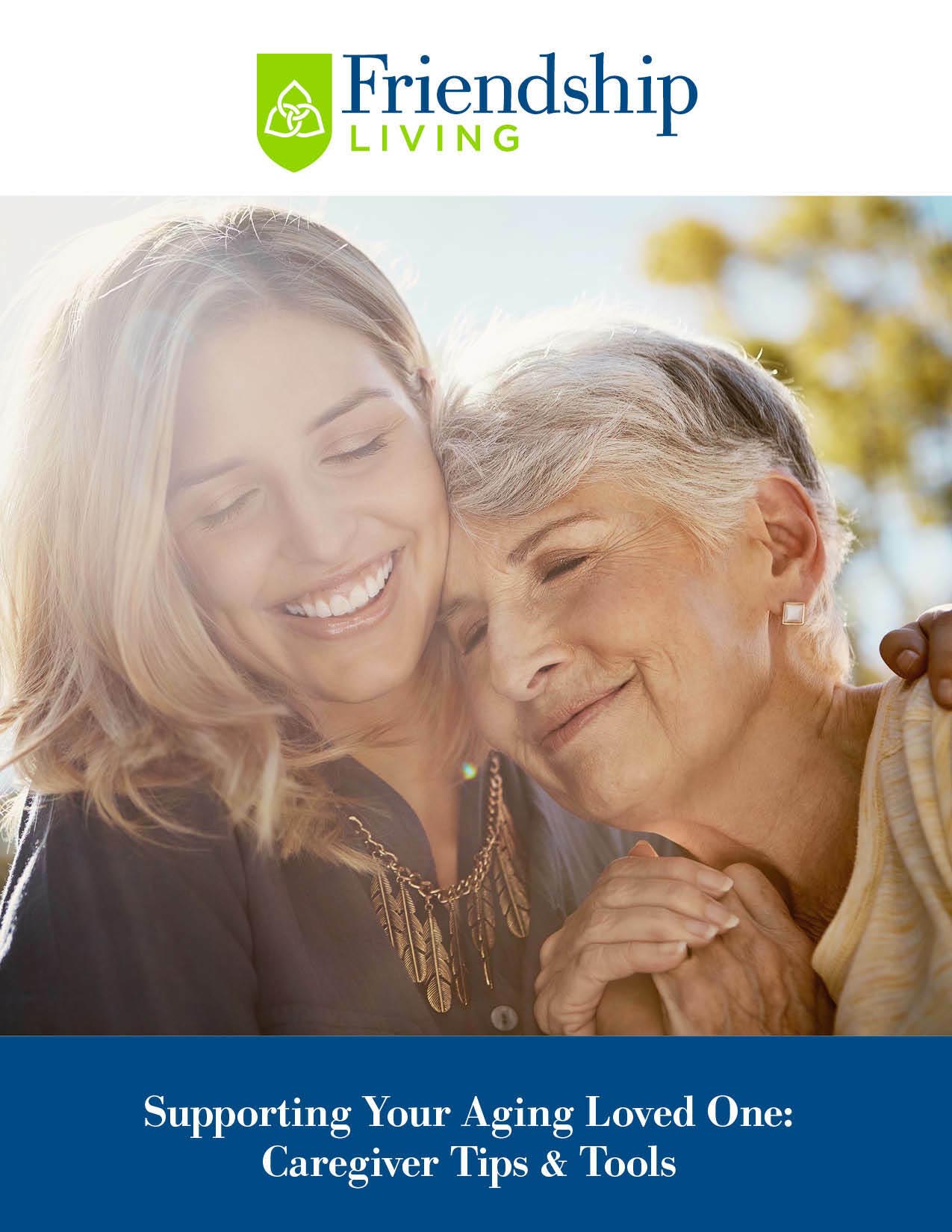Board of Directors
Signs a Senior Is No Longer Safe Alone at Home
March 19, 2024
March 19, 2024

While home may be where your loved one feels most secure, are they truly safe there? Safety, in general, is being protected from harm or other danger, but it also refers to controlling recognized hazards, such as those your loved one may be at more risk for when living alone at home. What are the signs your loved one may no longer be safe at home? Find out here.
Safety risks for seniors living alone at home
Falls are one of the top safety risks for seniors. In fact, falls among adults 65 and older caused over 3 million ER visits and over 36,000 deaths in 2020, making it the leading cause of injury death in this group, according to the CDC. Moreover, the CDC reports that adverse drug events account for approximately 350,000 hospitalizations each year. With many seniors managing multiple prescription medications daily, it’s easy to see how mistakes can be made.
The reasons that injuries from falls and medication errors are much more common among those 65 and older may include weaker muscles, more brittle bones, slower reaction times, impaired vision and balance, and/or diminished cognitive abilities. However, another risk factor is living alone at home, as 27% of adults ages 60 and older do, according to Pew Research Center.
There are other safety risks as well when living alone at home, including social isolation, malnutrition, and overlooked illness.
Signs your loved one may no longer be safe at home
To better identify whether your loved one is safe alone at home or may need additional support, consider these questions. But keep in mind that some signs are so gradual they’re hard to notice unless you’re specifically looking, so don’t fault yourself for not seeing them sooner!
- Has your loved one left the door unlocked or opened their door to strangers?
- Have they wandered off or gotten disoriented in a familiar place?
- Have they left appliances on and/or confused the heat and cooling settings on the thermostat?
- Have they fallen, or do vision issues, balance, medications, and/or safety concerns in the home put them at higher risk?
- Is it difficult for your loved one to get in and out of bed, the sofa, or chair?
- Do they have trouble navigating stairs and/or around furniture?
- Have they had a recent health scare or trouble recovering from common illnesses?
- Are their chronic health conditions getting worse or harder to manage?
- Is your loved one suddenly unkempt and/or wearing dirty clothes?
- Have they experienced sudden weight loss or gain?
- Are stale, expired foods in the pantry or a stockpile of certain items?
- Does your loved one opt for frozen dinners or take-out instead of cooking fresh food?
- Is it hard for them to keep up with house cleaning, laundry, shopping, and other chores?
- Is their home in disrepair, and/or do they struggle to maintain the yard?
- Do they need help showering, dressing, going to the bathroom, and/or managing their medications?
- Are there unpaid bills; have they been the victim of scams?
- Are their plants and/or pets well taken care of?
- Does your loved one have a variety of social opportunities available?
- Are they avoiding activities that they previously loved?
- Do they have active friendships?
- Does your loved one seem moody and/or depressed?
Considering additional support at home or a move to senior living
Keep in mind that only one “yes” doesn’t necessarily mean all is well with them alone at home, nor does agreeing with most of them mean you’ve dropped the ball. These signs aren’t an exhaustive list but rather a guide as you consider options such as at-home care or senior living.
While at-home care can keep your loved one home longer, it can be expensive, especially as their needs increase and may not be covered by Medicare. On the other hand, senior living has many benefits as communities like ours are designed with safety features from emergency response systems to grab bars to wheelchair ramps, along with an easy-to-navigate environment that minimizes steps and fall hazards as standard.
Plus, our senior living community offers conveniences such as home maintenance, housekeeping, laundry, nutritious meals, transportation, and multiple levels of support and care, should your loved one need it. They’ll also enjoy a full calendar of social events, outings, and enrichment opportunities!
© 2024 Friendship - Privacy Policy



